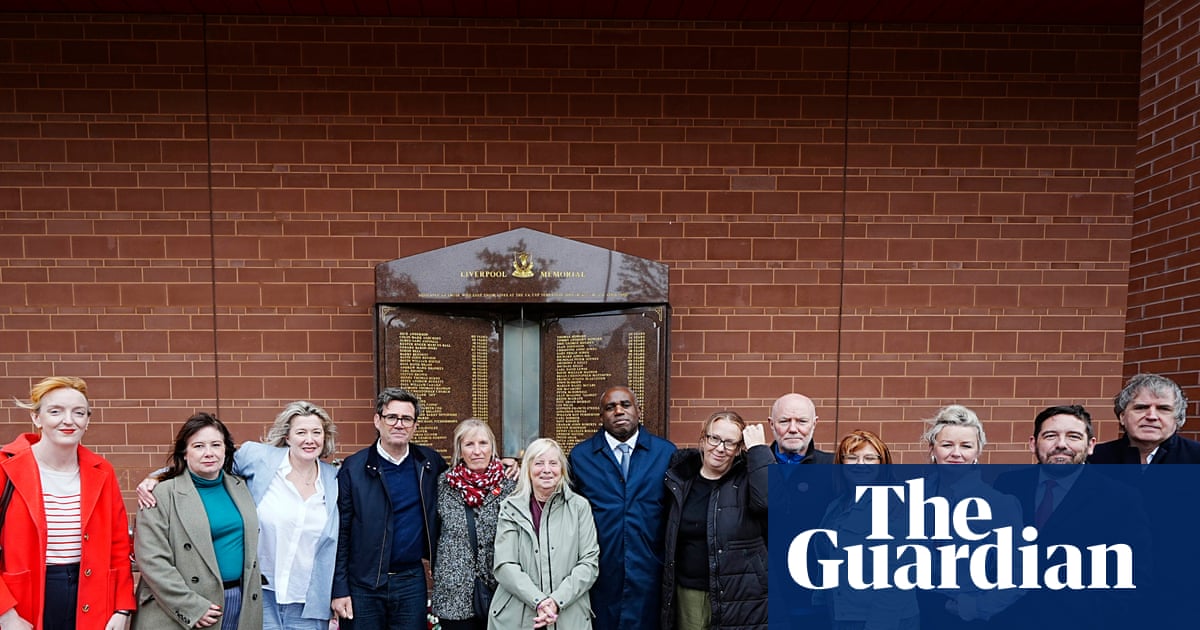You may be familiar with the feeling. Someone factchecks you mid-conversation or discredits your dishwasher-loading technique. Heat rises to your face; you might feel defensive, embarrassed or angry. Do you insist you’re right or can you accept the correction?
Admitting to being wrong can be difficult and uncomfortable. But the ability to admit to incorrect ideas or beliefs – what psychologists call “intellectual humility” – is important. Research shows that people with higher intellectual humility think more critically, and are less biased and less prone to dogmatism.
People high in intellectual humility “are able to acknowledge the limits of their knowledge and beliefs”, says Tenelle Porter, an assistant professor of psychology at Rowan University. They recognize that we all get things wrong and are willing to admit their own gaps in knowledge. Meanwhile, people low in intellectual humility tend to overconfidently cling to their beliefs, and are not swayed by opposing evidence.
How intellectual humility makes relationships better
People who are more intellectually humble tend to have better relationships. Being unable to acknowledge other people’s perspectives can damage the trust in a relationship, says therapist and author Nedra Glover Tawwab. Acknowledging that you’re wrong, on the other hand, can be a great opportunity to deepen a relationship.
Research suggests that couples who score higher in intellectual humility tend to have healthier conflict management, as well as higher relationship quality and satisfaction. On average, people prefer to befriend or date people who are more humble, says Daryl Van Tongeren, who studies psychology and social values at Hope College. People also tend to be more committed to and satisfied with relationships when they perceive their partners to be more humble, Van Tongeren adds, and having both individuals in a couple rank highly in humility is associated with a healthier, less stressful transition into parenthood.
How to assess your intellectual humility
People with low intellectual humility will often react defensively when contradicted, says Leor Zmigrod, a political neuroscientist who recently wrote a book about rigid, ideological thinking. They might feel personally attacked or insulted, and arrogantly double down, she says.
But recognizing such qualities in yourself can be easier said than done. When Van Tongeren published his book on humility, people would say things like: “Humility – that’s what my father in law needs.”
“No one starts off by saying: ‘Oh, humility, that’s what I need,’” he says.
Our personalities can be flexible if we put in the work, says Tawwab. So how does someone get better at admitting they’re wrong?
Studies show that “people are terrible at knowing whether they’re very flexible or very rigid thinkers,” says Zmigrod. But a good way to start is to practice noticing how you respond to being contradicted. Be mindful of when your emotions and ego get in the way of a thoughtful response, she says – and over time you may be able to recognize your patterns.
A person’s intellectual humility is also linked with how flexible their thinking is in general, Zmigrod says. So if you notice defensiveness or anger when, say, a regular routine is disrupted, that could be a sign that your intellectual humility could use some work.
If self-driven introspection is difficult, Van Tongeren recommends asking trusted people to assess how open they think you are to new perspectives, and whether they think you get defensive of your own ideas. “Ask people from a variety of areas of your life,” he says, because “you might be really humble at work, but not super humble at home, or vice versa.” You can glean information about your intellectual humility while also signaling to others that you’re trying to work on yourself. Before attempting this, consider whether you’re honestly ready to hear this kind of feedback.
How to accept that you’re wrong
Learning to be more gracious when contradicted is an important skill, because an inability to recognize when you’re wrong diminishes trust in relationships, says Tawwab.
The first thing to do is “reframe what being wrong means”, says Tawwab. A lot of people internalize the idea that being wrong means they’re stupid, ignorant or worth less as a person, she says. But if we lived in a world where no one was wrong or allowed to be wrong, “we would live in a world that has never shifted”, she says. Seeing it as associated with personal growth, curiosity and other positive values will make being wrong feel less fraught.
after newsletter promotion
There are science-backed ways to engender intellectual humility.
One is quite simple: listen. People who can admit when they’re wrong tend to be better listeners, says Van Tongeren. But more than that, when one person in a conversation is a good, deep listener, “the act of listening actually cultivates and generates humility” for both parties.
If you find yourself resisting admitting being wrong, Porter recommends casting your memory back to a time when you realized you had erred. Research suggests that when you remember your own fallibility, “that can help recalibrate us and make us more open to listening to what we might be missing,” she says.
How to help others develop intellectual humility
If you want to encourage someone else in your life to work on their intellectual humility, they first need to feel like they’re in an environment where it’s safe to make mistakes, says Tawwab. And “people tend to digest information best when they’re seeking it out for themselves,” she says. So rather than lecture them on the importance of acknowledging their errors, it may be best to simply share articles, books or personality quizzes that can help them self-reflect and come to their own conclusions.
You can also take the edge off by suggesting that you both work on this issue together, says Van Tongeren.
How to admit you were wrong
Once you’re able to recognize when you’re wrong and admit it to yourself without an emotional or ego-driven reaction, being able to verbalize your mistakes will come much more easily.
And when it comes to telling another person that you were wrong, Tawwab says you don’t have to do it immediately. After a conversation, it might take you some time to process and accept this assessment. In that case, you can go back to the person a few days later. “Even if you can’t do it in the present moment, you can still recover that conversation and build that trust,” she says.
Over time, hopefully you’ll get better and faster at it, eventually being able to notice and address errors in the moment. And you’ll likely deepen your relationships as a result, she says.
There are many headwinds when it comes to intellectual humility, says Porter, especially in contemporary life. Social media creates echo chambers, people constantly express ever more polarized views, and false information proliferates online. All this pushes us away from being willing and able to change our minds or admit we’re wrong. But remember that we as people value these traits, she says, regardless of how challenging it is to maintain them.

.png) 2 months ago
47
2 months ago
47

















































